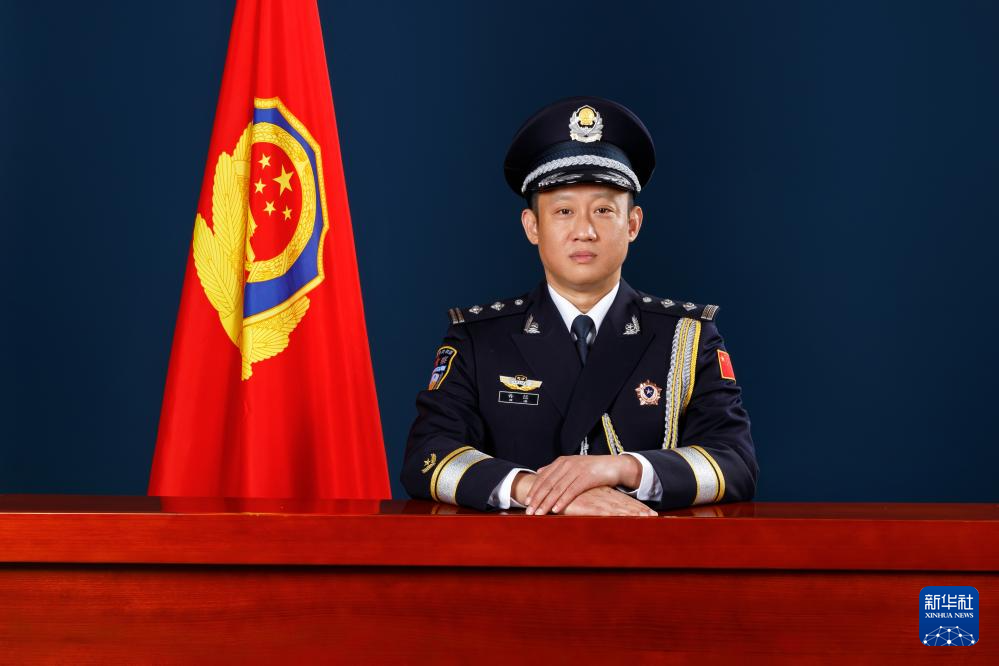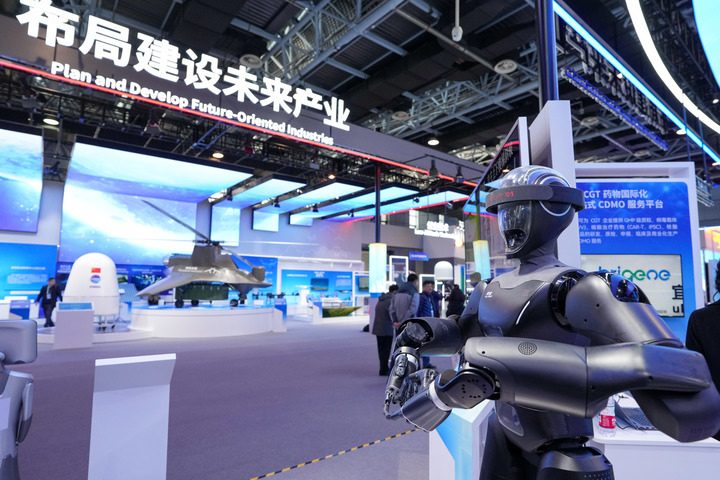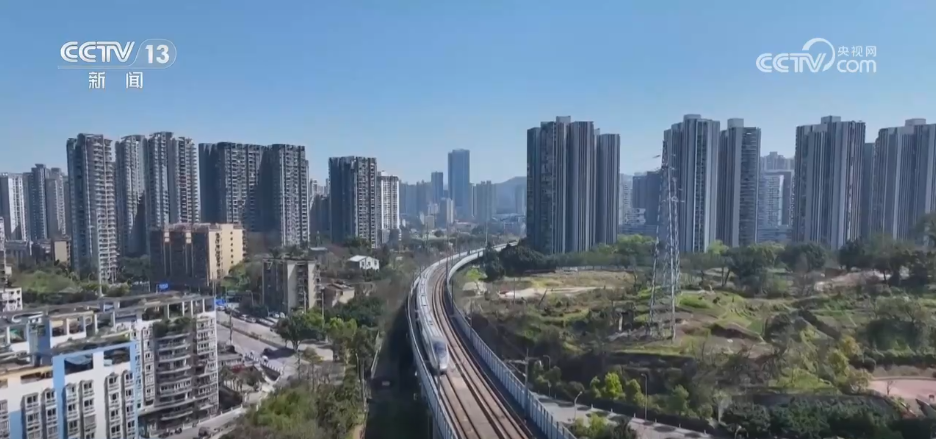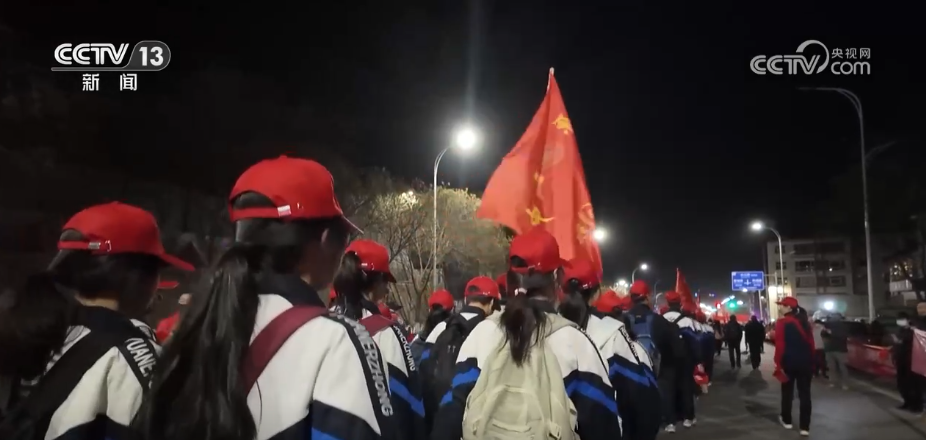CCTV News: The official microcommunication of the National Development and Reform Commission issued an article on April 3, pointing out that in recent years, the United States' trade protectionism has been intensified, and it has continuously imposed tariffs on China, which has seriously impacted and damaged China-US economic and trade relations and affected the stable operation of the world economy. On April 2, the US government once again announced the imposition of so-called "reciprocal tariffs" on all trading partners, of which the "reciprocal tariffs" rate on China is 34%. In addition, the previous 20% tariff was imposed on fentanyl. Since the beginning of this year, the US has imposed new tariffs on China at 54%. The so-called "reciprocal tariffs" do not comply with international trade rules and seriously damage the legitimate rights and interests of relevant parties. They are typical unilateral bullying practices and are generally firmly opposed by major US trading partners. Not only is it difficult to achieve the expected goals, it will increase the inflationary pressure of the United States and disrupt its own economic operations. From rising supply chain costs to distorted market resource allocation, from damage to consumer interests to shaking the foundation of global cooperation, from sharp decline in financial markets to fluctuating and falling in the US dollar exchange rate, the United States abuses tariffs to the foreign countries, which is rapidly transmitting step by step and eventually retaliating against itself.
The imposition of "reciprocal tariffs" is obviously "prescribe the wrong prescription and take the wrong medicine" will inevitably increase the inflationary pressure in the United States and increase the burden on people's livelihood. The US government imposes "reciprocal tariffs" on all trading partners in the name of "industrial protection" and "national security", ignoring the interest balance mechanism of the international trade system and the huge benefits of the US itself, and trying to solve domestic economic problems through trade barriers. Affected by the new round of tariffs, the pressure to rise in retail prices of daily consumer goods such as food, clothing, electronic products and daily necessities in the United States will inevitably increase significantly. Yale University's Budget Laboratory predicts that after the implementation of "peer-to-peer tariffs", the increase in the US personal consumption expenditure price (PCE) will expand by 2.1% when other countries take countermeasures, and American consumers will become the ultimate "payers" of tariffs.
The imposition of "peer-to-peer tariffs" distorts market resource allocation and weakens industrial competitiveness. The imposition of tariffs will ultimately not only affect the prices of terminal commodities, but also push up production costs through step-by-step transmission through the industrial chain. According to data from the Peterson Institute of International Economics in the United States, more than 90% of the tariff costs will be passed on to US importers, downstream companies and final consumers. In addition, the US government's attempt to force manufacturing to return to the United States through tariffs, but it has led to a sharp increase in the trade costs of intermediate products such as automobile parts, which has intensified the risks of supply chain breakage and industrial hollowing out, and in fact it has increased the difficulty of revitalizing the local manufacturing industry. After the U.S. government issued "reciprocal tariffs", U.S. stock index futures fell sharply, and the dollar against the euro fell significantly, indicating that the market's concerns about tariffs interfering with economic operations intensified and confidence was severely impacted.
The imposition of "reciprocal tariffs" undermines the foundation of global cooperation and affects the long-term and stable growth of the world economy. The United States imposed "reciprocal tariffs" to undermine the stability of the global industrial chain and supply chain, which will affect the development prospects of economic globalization, seriously impact the world economic cycle, and aroused widespread opposition from the international community. Economies such as the European Union and Canada have all expressed that they will introduce countermeasures against the United States. The United States' own economic development will also be severely impacted, and the economic operating costs will increase significantly, seriously impacting all sectors of production and consumption. Especially the United States' small and medium-sized enterprises are the first to bear the brunt of supply chain fluctuations and rising production and operation costs. Relevant research believes that "reciprocal tariffs" and related countries' countermeasures against the United States may lower the growth rate of the United States' real GDP by about 1 percentage point.
The US should learn from history and use open cooperation to help the stable economic development. Historical practice has repeatedly proved that trade protectionism does not help improve the country's economy, but will seriously undermine the world trade and investment system, which may trigger a global economic and financial crisis, and will eventually harm others and oneself. In the early days of the Great Depression, in order to protect agriculture and manufacturing, the United States issued the Smut-Holly Tariff Act in June 1930 to impose tariffs on external tariffs. The tariff rate reached a historical high, which intensified the US economic recession and eventually triggered a global trade war, resulting in a deep recession in the world economy, which was called "the biggest policy mistake in the 20th century." The current so-called "reciprocal tariff" policy of the US government may repeat the mistakes of history. It is urgent to learn deeply and deeply understand the painful historical lessons, return to the track of consultation and dialogue, properly resolve differences with trading partners through equal dialogue, maintain the multilateral trading system with the World Trade Organization as the core, and enhance its own trade competitiveness by increasing investment in innovation and expanding market opening, and achieve win-win results in economic cooperation and development.







